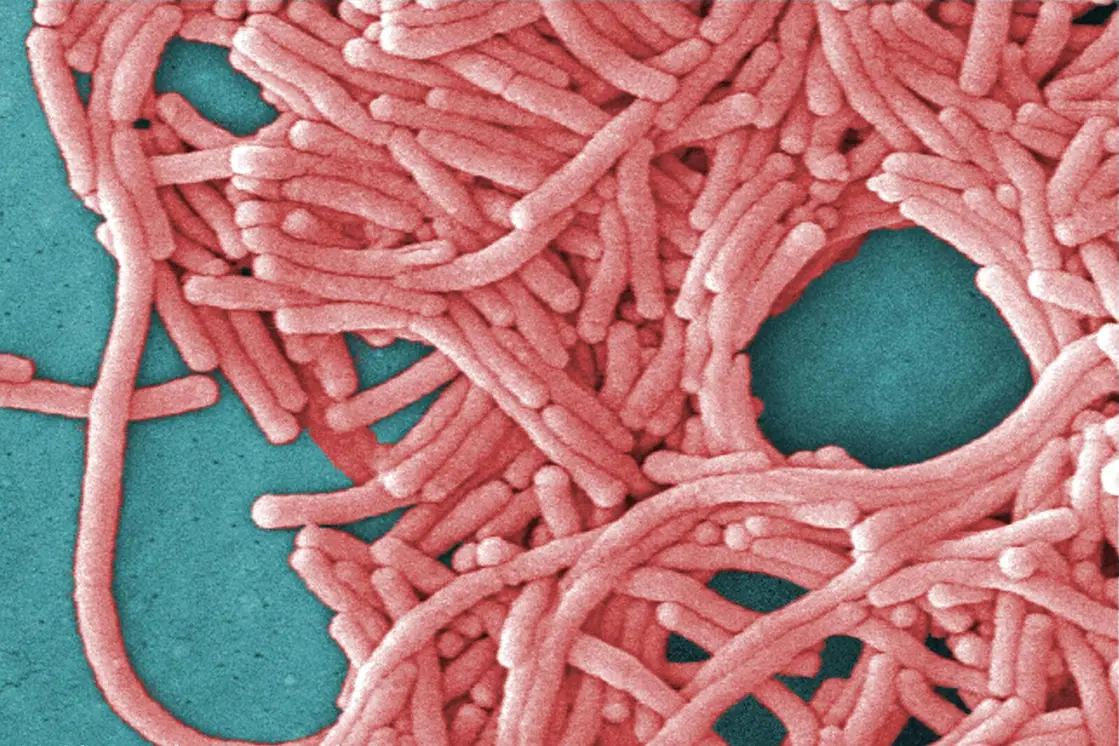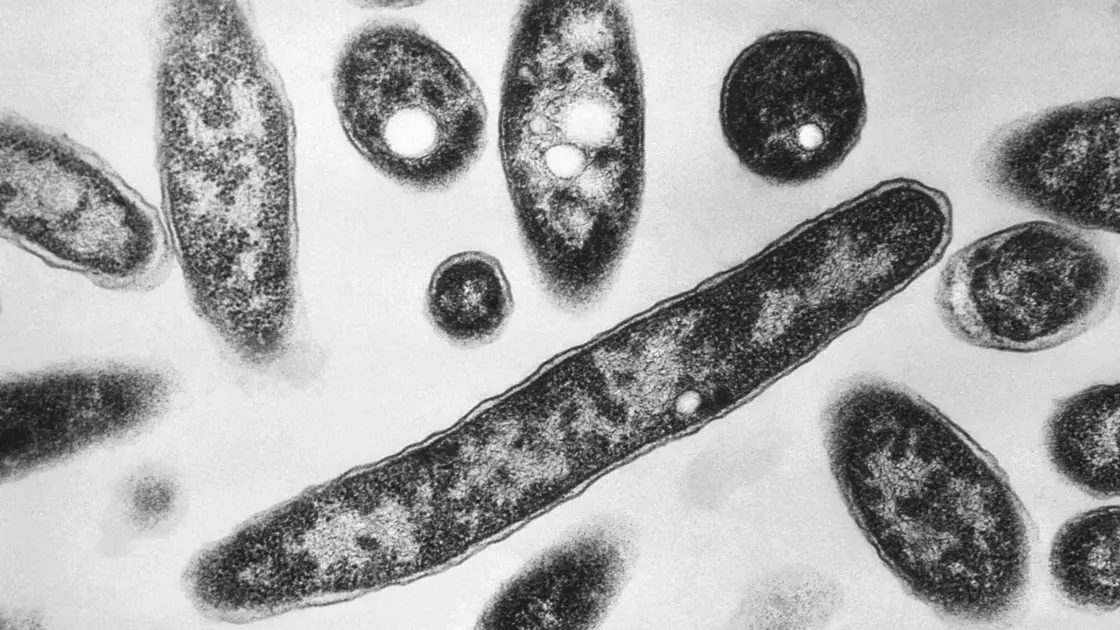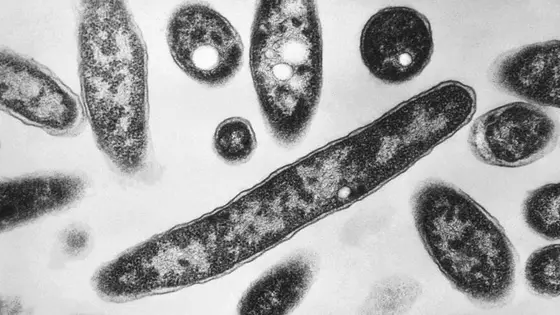T4K3.news
Sebastopol Man Dies in Isolated Legionnaires Disease Case
An elderly Sebastopol man died after contracting Legionnaires disease in an isolated case, with officials saying there is no sign of a wider outbreak.

A Sebastopol man dies from a sporadic Legionnaires disease case, with officials stressing there is no ongoing outbreak.
Sebastopol Man Dies in Isolated Legionnaires Disease Case
An elderly Sebastopol man has died after contracting Legionnaires disease, Sonoma County health officials say. Interim Health Officer Karen Smith calls the case sporadic, not an outbreak, and notes the incubation period can be up to 14 days. Three Legionnaires pneumonia cases have been recorded in Sonoma County this year, none linked to one another.
Legionella is a common environmental bacterium found in free water and in artificial systems such as cooling towers, air conditioning, hot tubs, and water heaters. It thrives in warm, somewhat stagnant water. Health officials say wastewater testing for Legionella is not routine, and most people who are exposed do not fall ill. The risk is higher for older adults and those with weakened immune systems. The man was described as older with an immunosuppressive condition.
Sebastopol city staff indicate the city does not test for Legionella but maintains residual chlorine levels that are highly effective against the bacteria. Officials emphasize there is no evidence this infection came from a large community water source. Past outbreaks, such as Napa County in 2022 and Harlem in New York City, are cited as context but are not linked to this case.
Key Takeaways
"Legionella is a very common environmental bacteria often found in free water"
Health official describes the bacteria
"One of the reasons no one tests wastewater for Legionella is because you are going to find it there"
On testing practices
"There is no indication or evidence that this infection is tied to a large community water source"
Source assessment
"The vast majority of people never get Legionella infections"
Risk context
The focus on an isolated death shapes how the public understands risk. Health officials rely on environmental monitoring, clinical reporting, and occasional testing to track Legionella. This case highlights gaps in routine wastewater testing and underscores how exposures affect older adults and immunocompromised individuals. Local leadership balances reassurance with attention to building water systems and maintenance to prevent future cases.
Highlights
- Legionella is a very common environmental bacteria often found in free water
- One of the reasons no one tests wastewater for Legionella is because you are going to find it there
- Testing for Legionella in wastewater is not routine
- The vast majority of people never get Legionella infections
Public reaction and health policy risk
The death of an elderly patient from Legionnaires disease and related discussion could provoke public concern and attract political and budget attention. Questions about testing, wastewater monitoring, and maintenance of cooling towers may rise.
Public health agencies will continue to monitor Legionella and keep the community informed
Enjoyed this? Let your friends know!
Related News

Legionnaires' disease outbreak confirmed in Detroit

Three fatalities confirmed in Harlem Legionnaires' disease outbreak

Investigation into Legionnaires' disease cases in Dearborn

Central Harlem reports outbreak of Legionnaires' disease

Legionnaires' disease outbreak leads to two deaths in NYC

Missionaries Engage with Isolated Indigenous Groups in Brazil

Fourth death tied to Legionnaires outbreak in NYC

Hull family pursues Legionnaires case in Crete hotel
